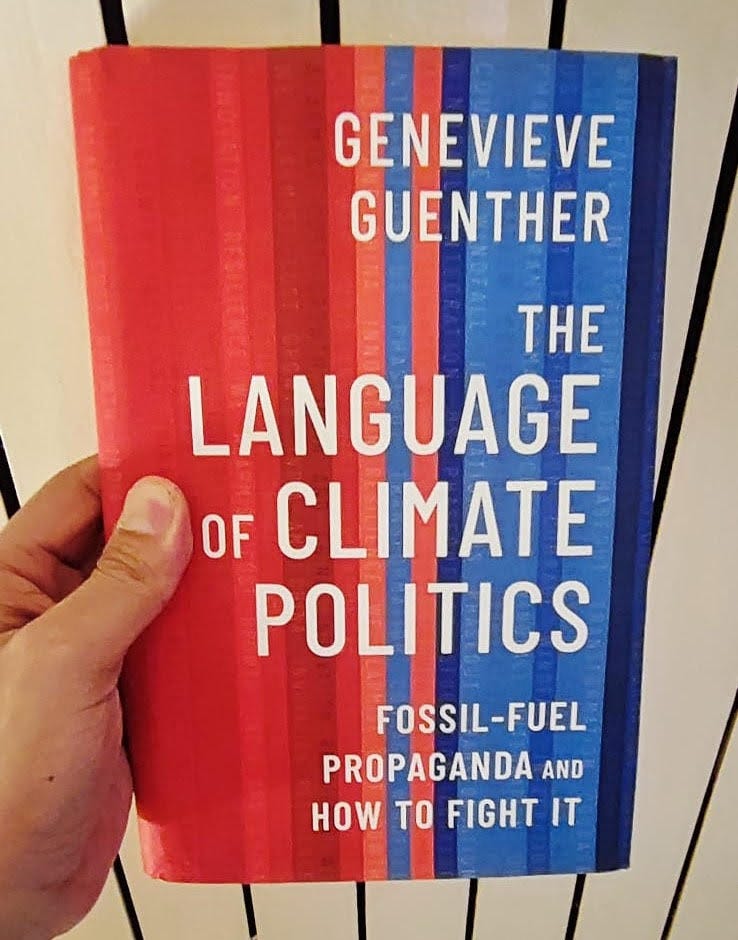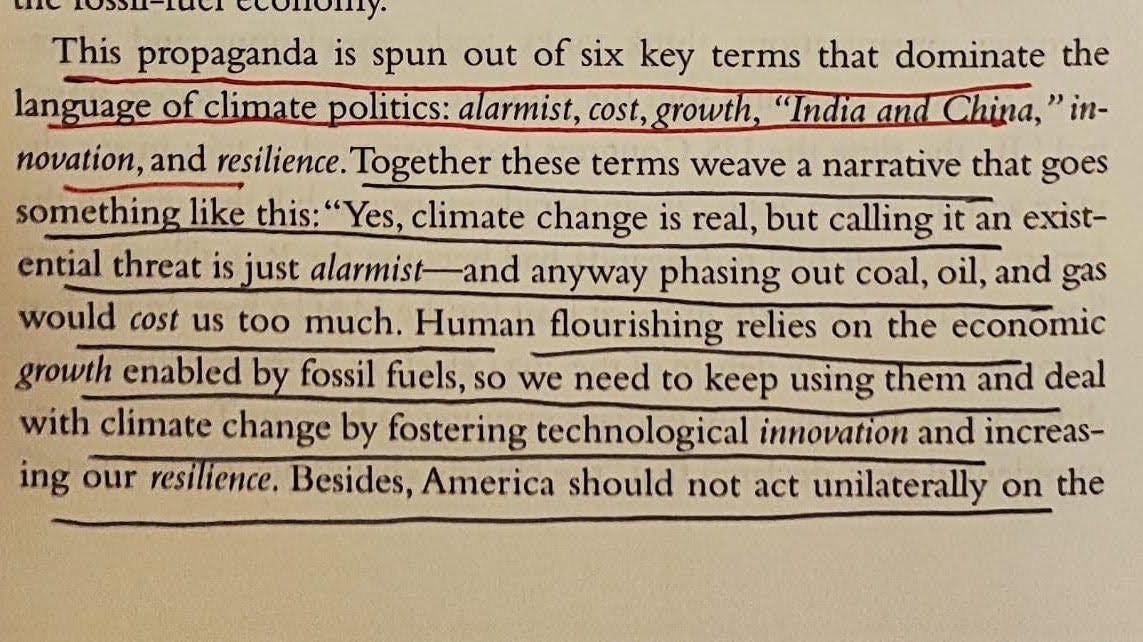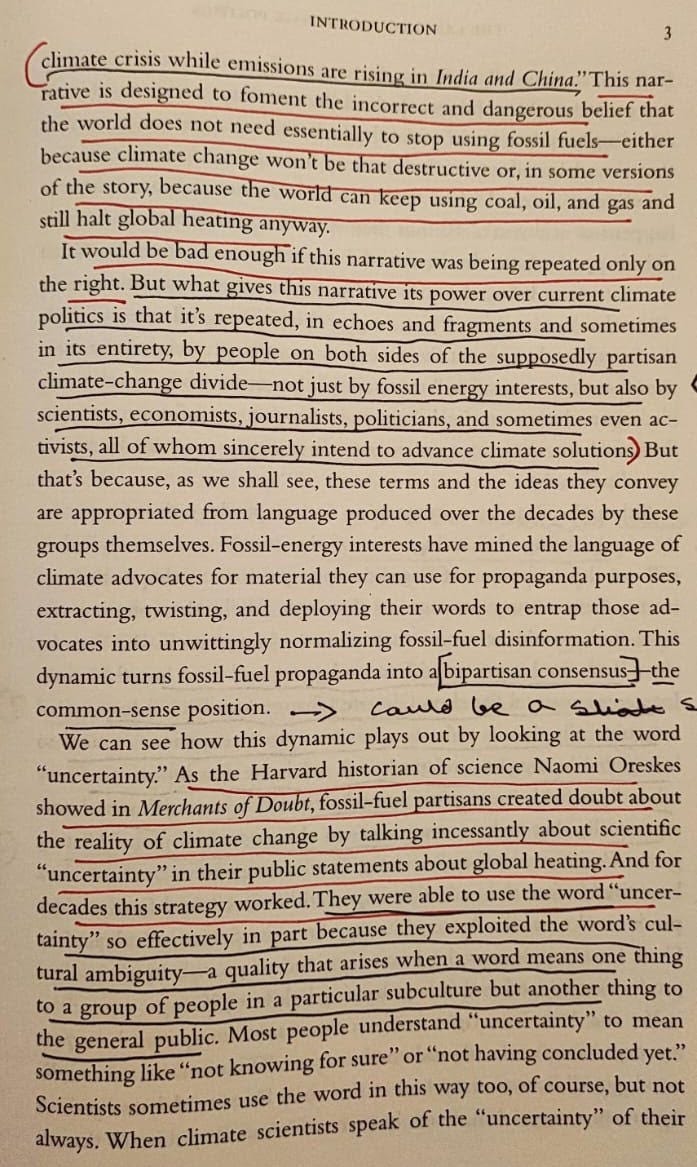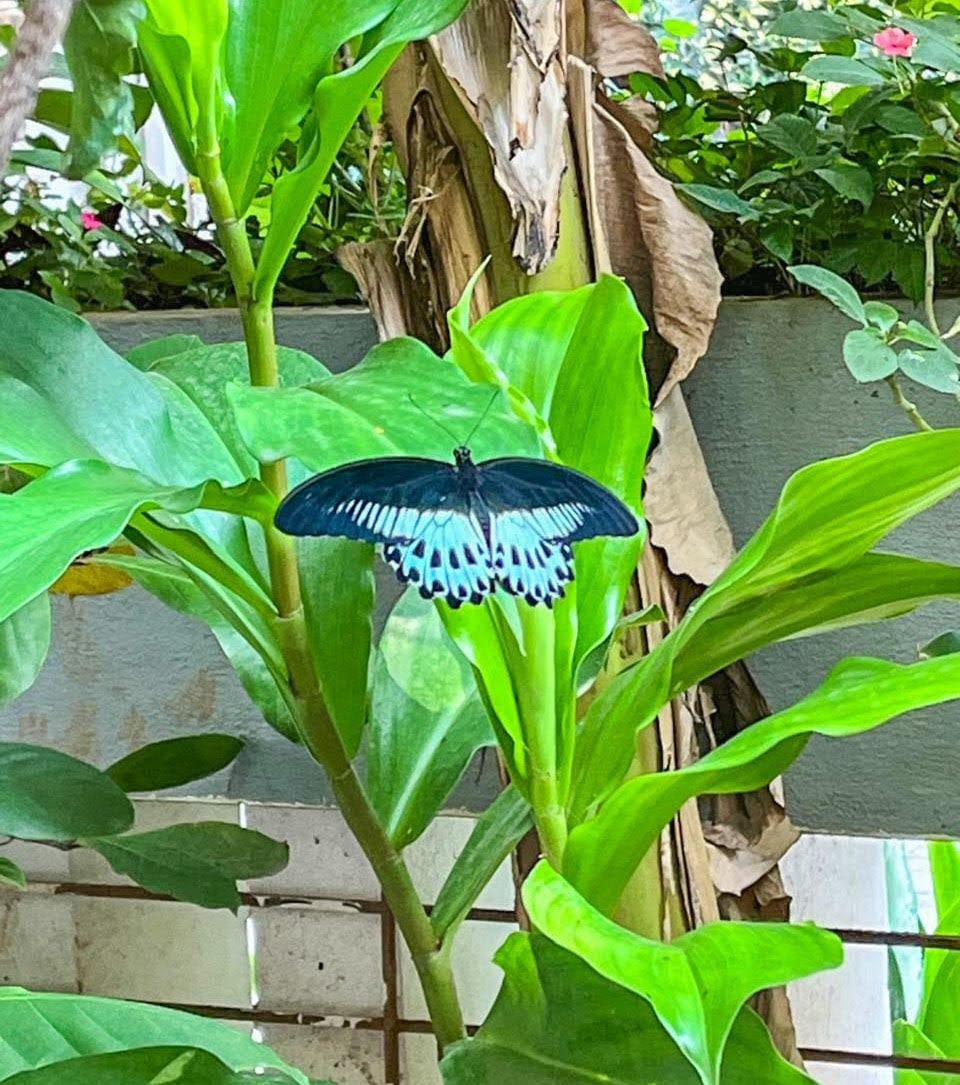A Voice at the Edge of the Commons | Note #1, Praani
Do things really fall apart when we share them?
Praani ki Kahani
Our justice systems find themselves in a moment of reckoning. The crises we face today ask for a different gaze and a different lens, one that can hold the many entangled lives and overlapping emergencies we inhabit together. It was with this aim that we began the Multispecies Justice Canvas, a space to discover and hold a growing community of people who care deeply about justice that transcends legal language and lives in forests, rivers, animals, fungi, and all of us.
Three Canvases in, we are beginning something small. Praani is a weekly note, a little dispatch. In each one, we will share stories we have come across, stories that help us ask better questions, notice what we may have overlooked, and imagine what action could look like when justice includes other-than-human life. We will also share glimpses of how our own work around multispecies justice is evolving and beginning to take shape in the world.
If any of what we share stays with you, moves you, or stirs up thoughts of your own, we hope you will write to us. These newsletters are being put together by Bharati, who is currently studying law at NALSAR and walking her own path to explore the many messy forms that justice takes.
Happy, fuzzy reading
- Atreyo & Aditi
[This Note had originally gone out on July 23rd, 2025]
Offerings For the Week
A Voice at the Edge of Commons
This conversation from the Frontiers of Commoning podcast has stayed with me. It flips the tired story of the commons as a tragedy and instead invites us to see shared spaces, resources, and memories as intensely generative, relational, and alive.
“...do things really fall apart when we share them? Or have we simply forgotten how to share?...”
We live in a time where private claims are made over public and shared inheritances. So practising acts of sharing; understanding how to govern shared life and living with reciprocity in all its messiness could be a new form of justice in action.
I’ve been turning this over in my head, thinking about what still feels like it belongs to all of us. Held in common, even if fragile, even if overlooked? Here’s what came up for me:
Since 1998, each year, the weeping fig tree outside the university dining hall has held - 28 birds’ nests, 19 banners, 8 fest lights, 6 kites, 3 chappals (each alone, forgotten), 2 lovers’ initials (carved, fading) and 1 squirrel’s secret highway.
Sometimes, I wonder perhaps the commons is not a system, but fragments of memory held in a tree.
Sparks from the Ground
Veditum’s Data Sprints
Part mapping, part memory-work, Veditum’s Data Sprints are intense, collaborative one-day efforts to expand the open database of sand mining along India’s rivers. Participants dive deep into specific geographies, digitising data that often remains invisible, acting as co-archivists of a river’s ongoing story.
Read my reflections after the Madhya Pradesh sprint - on what it meant to sit with both data and care, and to reimagine knowledge outside the frames of technocracy and legalese.
What made us pause to reflect?
Atreyo has been reading Genevieve Guenther’s The Language of Climate Politics which asks us to take words seriously. From “cost” to “resilience” to “India and China,” it shows how fossil-fuel interests have shaped the climate conversation through a carefully chosen vocabulary. This book made us pause and think about how language defines worlds and not only reflects but also limits what justice can look like.
Six words and phrases—alarmist, cost, growth, India and China, innovation, resilience. This extract shows how these terms are spun into a familiar and persuasive story. A story that silences other ways of seeing. As we think about multispecies justice, we are reminded that the stories we tell and and the words we choose which can either open up or foreclose entire worlds.
How do flawed ideas become common sense? This page traces how select interests helped shape climate language so effectively that even terms like “uncertainty” or “cost” now quietly anchor inaction. We especially recommend the chapters on “cost” and “India and China” including the critique of William Nordhaus’s economic models, which treat the climate crisis — similar to how efforts around conservation of non-human life shape up — as a matter of trade-offs rather than transformation. You can start anywhere in the book; each chapter stands on its own.











